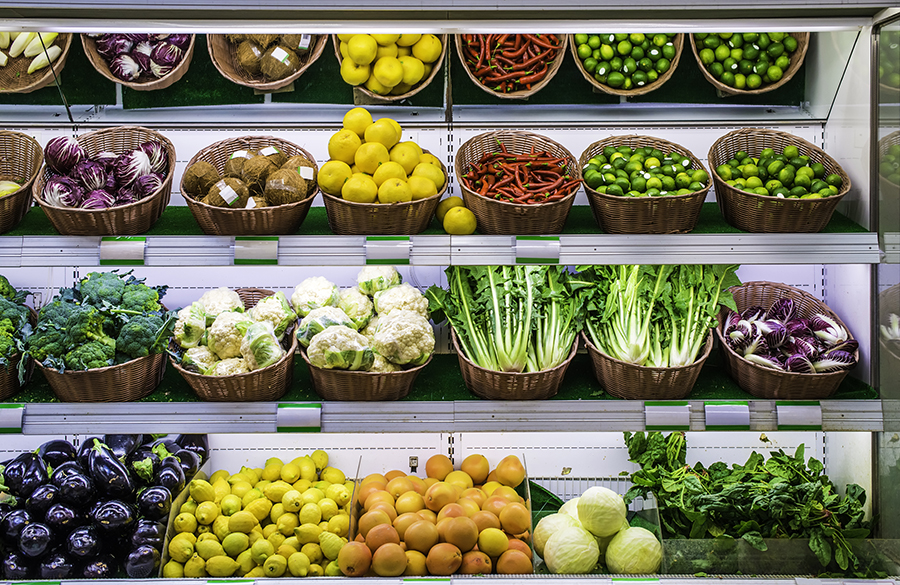
By one estimate, greenhouse gas emissions from cooling account for 7% of global emissions, double that of aviation and shipping combined. Sustainable refrigeration systems are essential for the world to meet the demands of a growing population whilst addressing climate change.
Retail Refrigeration: Making the Transition to Clean Cold, supported by Emerson, a global refrigeration technology and engineering company, examines what the move to natural refrigerants means for retailers and the opportunity to consider overall store and system architecture to deliver broader longer term benefits.
Summary
Although progress is being made, retailers are not transitioning from hydrofluorocarbons (HFCs ) to natural refrigerants quickly enough to meet phase-down targets. Equally, while phasing down HFC refrigerants will be a huge step forward for climate change, energy consumption remains a bigger challenge.
As retailers make the transition it is important they consider the whole system impacts of refrigeration, not just the need to meet refrigerant targets. In particular, the long term energy efficiency of wider system needs must be considered to ensure that any refrigeration technology selected maximises the overall environmental benefits and economic opportunities. Retailers should also take into account the complexity of installation and long term maintenance requirements of different technologies, which can have a significant impact upon performance and cost.
The role of government
Governments have a critical role to play in encouraging retailers to transition to natural refrigerants and to ensure that the solutions adopted deliver maximum long term benefit. In particular, governments should invest significantly more into research and development of sustainable refrigeration and its integration within energy systems. They should also support the development of a clear pathway for sustainable refrigeration, not just low global warming potential (GWP) refrigerants but total system level approaches.
Governments also need to provide incentives, not just penalties, for end-users to accelerate transition to low-impact systems. They should also invest in the skills required to support the long term transition to both natural refrigerants but also clean cooling, recognising that an expanded workforce, with new competencies and certifications, is going to be required.
Professor Toby Peters, Professor, Cold Economy, University of Birmingham
Read the full report (pdf 1-37 MB)
Commentary
Read a commentary piece on retail refrigeration and the transition to clean cold featuring Professor Peters:
Retail Refrigeration: Making the Transition to Clean Cold